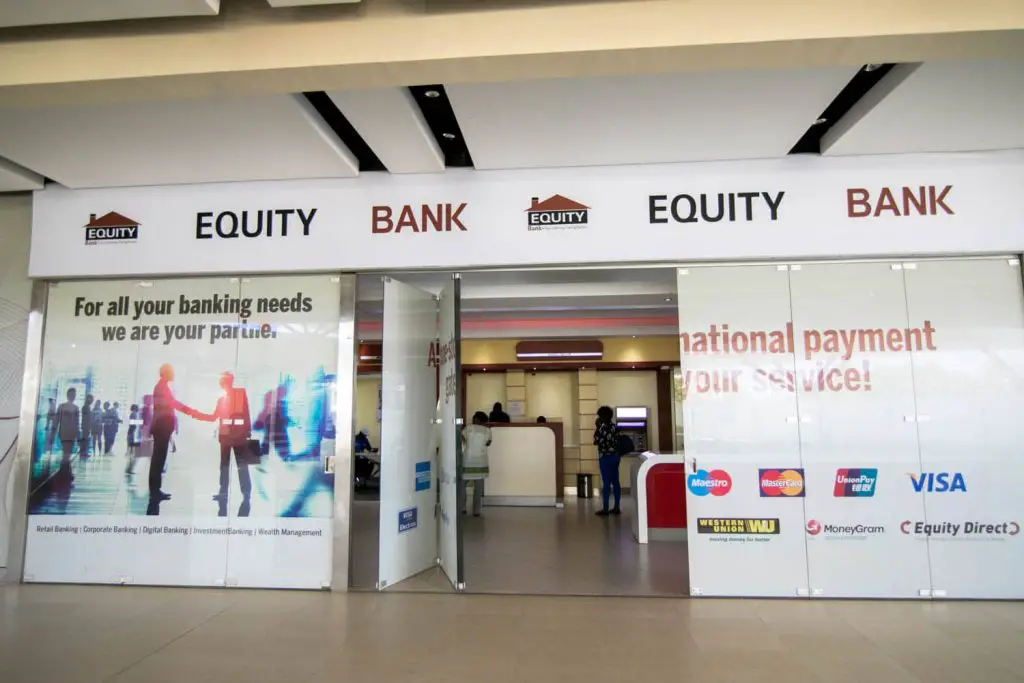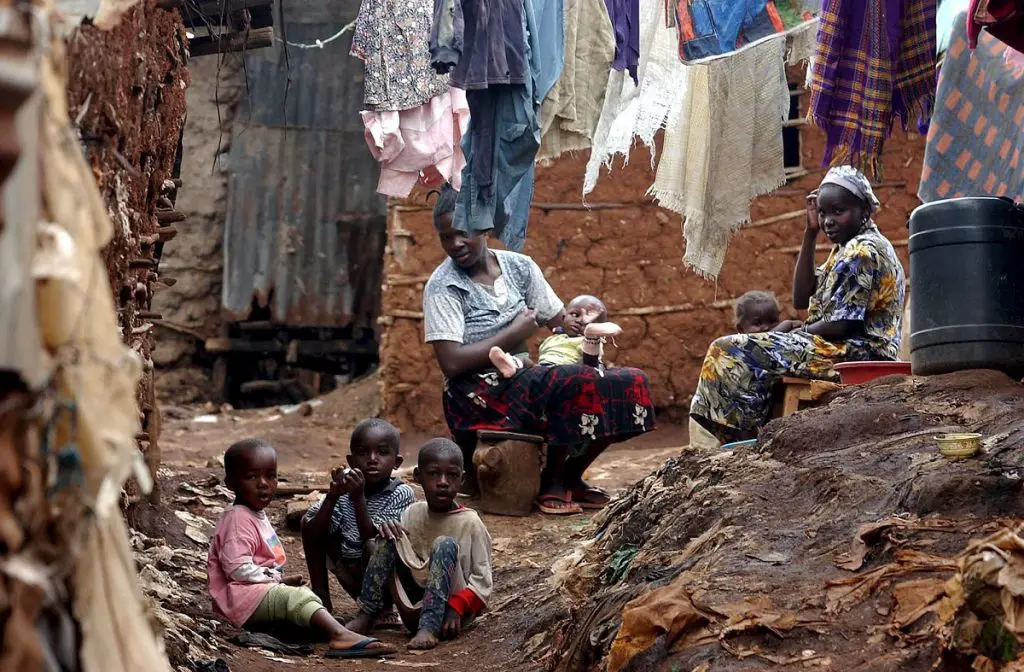- Agribusiness could drive Africa’s economic prosperity
- Dawood Al Shezawi: Why AIM Congress 2024 is the epicenter of global economic and cultural dialogues
- d.light’s 600,000 cookstoves project verified as top source of quality carbon credits
- Artificial intelligence (AI) could create a turning point for financial inclusion in Africa
- AIM Congress 2024: Catalysing global investments with awards
- Kenya’s economic resurgence in 2024
- The most stressful cities to live in 2024 exposed
- Tech ventures can now apply for the Africa Tech Summit London Investment Showcase
Browsing: Central Bank of Kenya (CBK)
Once upon a time in Kenya, tea and coffee were the big players, the rulers of the country’s agribusiness the top foreign exchange earners.
However with time passing the crops contribution to annual earnings kept falling, because the farmers were simply not getting paid in time. The peasants’ payment was little and delayed.
As a result, production and quality of the coffee and tea out remained poor and could not earn the country its potential income from the sector.
Now the government has set aside USD15 million to revitalize the sector. The funding is from the World Bank which is meant to compliment another USD30 million that Kenya set aside back in January.
What is to be learnt here is not just the will to revitalize the coffee and tea sectors but also the willingness to admit what the problem was in the first place, slow and low payment of …
For over two months now, companies in Tanzania are holding back contractor payments blaming it on the global coronavirus crisis.
Chinese companies are particularly in the spotlight with contractors complaining of delayed payments for goods delivered and services done. In an exclusive with this paper, an aggregate mine operator (name withheld) said payments due to the company from Chinese companies are still pending two months down the road.
This is the exact scenario that the government tried to evade when it throughout the Central Bank, Bank of Tanzania, it released a stimulus package to cushion the economy to ensure business stay liquid and are able to make all due payments.
It is not far fetched to think companies are taking advantage of the ongoing health crisis not to pay their debts or even government taxes and fees. I mean, non performing loans and tax evasion were profound well before the …
The deadly coronavirus has brought the World to a standstill, spread through touch, African financial institutions are now going cashless to beat the virus.
The exchange of money, in cash, risky further spread of the virus, an obvious solution is to go cashless, use digital payments only. However is Africa ready?
In the face of this global tragedy, Africa’s fast digital penetration seems to have come in the nick of time. Led by the telecom companies, Africa leads the globe in use of mobile transactions.
Even in the most remotest corners of the continent, peasant farmers, pastoralists herding cows, all can be found with a mobile phone registered for mobile money transactions. Even the smallest shops accept mobile money payment for even the smallest purchases. The only limitation has always been the expensive cost of the service, however that cost is irrelevant if the money is not withdrawn to cash.…
As the rest of the country shuts down all entry ports, heavily reliant on tourism, the spice Isles of Zanzibar are allowing charter flights to land but with strict conditions.
Isles authorities have permitted charter flights bringing tourists to the island to land but on condition that all persons on board enter a 14 days quarantine stay, at their own expense.
This surprising turn of events happens in the backdrop of ongoing global threat of the spread of coronavirus. Even leading sports leagues have been cancelled and regional high profile meetings are been held on conference calls.
Across Africa, the tourism industry has come to an almost complete shutdown. It is time immemorial since a disease stopped people from touring and going for holidays, at least not since the deadly World War I and II power viruses.
With most all African countries eventually succumbing to the threat and finally closing …
Commercial banks in Kenya have been on the limelight with accusations of abetting money laundering and being involved in national corruption scandals. Such was the case several banks which in 2018, CBK accused them of participating in payments for the National Youth Services (NYS) scandal.,
In this case, the director of public prosecution announced that he was considering prosecuting 20 senior officials in five banks, which they believe aided the laundering of at least Ksh1 billion ($10 million) looted from the National Youth Service (NYS) between January 2016 and April 2018.
These commercial banks have however developed mechanisms to conform to anti-money laundering laws developed in Kenya.
The law requires all financial institutions including banks, insurance companies, and SACCOs to file with the Financial Reporting Centre daily reports on transactions above Sh1 million and those deemed suspect. This is under the Proceeds of Crime and Anti-Money Laundering Act (POCAMLA).
Bank
While digital lenders in Kenya have agreed that Kenyans indebted to more than one mobile lending application will no longer continue accessing loans from multiple lenders, the tables are turning.
In what could be a silent coup against these lenders, Kenyans feel that the tactics used by some of them to recover debt are overboard and breach barriers which should not be broken.
The Digital Lenders Association of Kenya’s (DLAK) desire is to have Credit Reference Bureaus (CRB) put in place a mechanism that will enable DLAK’s members to acquire a borrower’s credit history in real-time. The target is to lock out borrowers with poor credit scores if the proposal sails through.
Hostile treatment
However, while this has been done, borrowers feel that some of the lenders have been going overboard and even breaching privacy in their loan recovery mechanisms.
According to Ajua, an Integrated Customer experience company, Kenyans want …
Equity Bank is in the final stages of completing its takeover of the Banque commercial du Congo (BCDC).
The acquisition follows an agreement with the majority shareholder—George Arthur Forrest and family to acquire all the 625,354 shares (66.53 per cent) owned by the Belgian at a cost of $105 million.
The government of the Democratic Republic of Congo owns 25.53 per cent while other minority shareholders own the remaining 7.94 per cent shares.
The price of the transaction includes dividends declared after January 1, 2019, in respect of the financial year ending December 31, 2019, transpiring to dividend price per share of $ 167.9 per share.
In a statement, Equity Bank Chief Executive James Mwangi said the acquisition provides more motivation for it to push ahead with its 2024 dream of converting into a pan African bank.
“This is an opportunity for the Group to take further steps towards …
KCB Group Plc profit after tax surged six per cent to Ksh19.2 billion ($186.1million) for the nine months ending September 2019, on the back of significant growth in the loan book and non-funded income.…
Borrowers in Kenya should now expect interest rates as high as 30 per cent following the repeal of the interest rate cap law.
Parliament failed to raise the required quorum to defend the rate cap law which came into place in September 2016.
There has been a push by bankers, mainly through their lobby group-Kenya Bankers Association (KBA) to have controls on rate cap revised.
READ:Kenyan Banks begin feeling the interest rates cap effects
The law which has been in place for the last four years has controlled lending rates by commercial banks at four percentage points above the Central Bank of Kenya (CBK) Rate.
CBK has retained its benchmark lending rate at 9.0 per cent for the sixth straight time since bringing it down in July 30 2018.
This means banks could not charge loan at rates above 13 per cent, a move that was aimed at sparing …
The World Bank on Thursday said that Kenyans are not as poor as they were 4 years ago…













